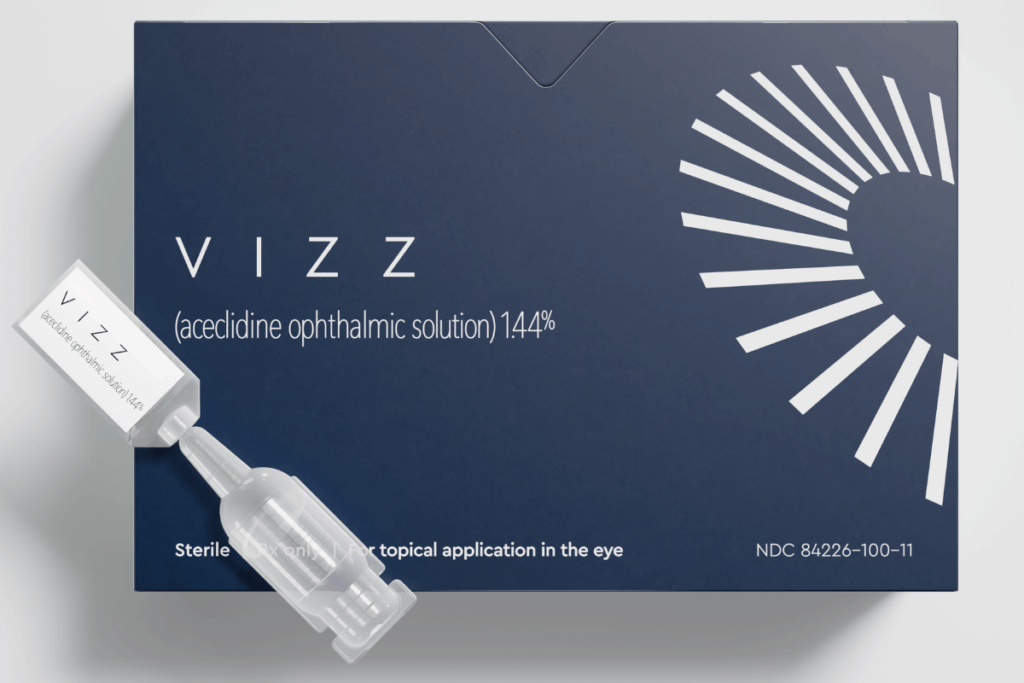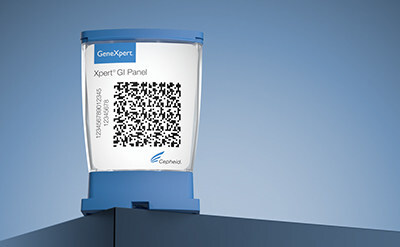The FDA has approved Vizz (aceclidine ophthalmic solution 1.44%), developed by San Diego-based LENZ Therapeutics, for the treatment of presbyopia, or age-related blurry near vision.
Vizz is the first and only aceclidine-based eye drop cleared by the FDA for this condition, introducing a new pharmacologic option for millions of adults who rely on reading glasses.
Vizz is preservative-free. The company described the drops as an option that can fit easily into users’ daily routines while delivering sustained visual improvement.
LENZ Therapeutics, a pharma company focused on vision restoration, plans to make Vizz available across the US by mid-Q4 2025, with sample distribution to eye care professionals underway and plans to begin consumer shipments through its ePharmacy partner in October.
The approval reflects the first US authorization of aceclidine as a new chemical entity and the first global approval of an aceclidine-based therapy for presbyopia.
XTALKS WEBINAR: Boost Participant Recruitment with Precision Feasibility and RWD
Live and On-Demand: Monday, November 17, 2025, at 11am EST (5pm CET/EU-Central)
Register for this free webinar to explore actionable strategies that improve patient recruitment performance, optimize site selection and engage the right patients.
Presbyopia affects nearly all adults over 45 and an estimated 128 million people in the US and 1.8 billion globally.
The condition occurs when the eye’s natural lens loses flexibility with age, making it harder to focus on nearby objects. People with presbyopia often find themselves holding reading materials farther away or depending on over-the-counter glasses for close-up tasks.
While corrective lenses and contact options remain common, there has been growing interest in non-surgical pharmacologic treatments such as pupil-modulating eye drops.
Several companies are developing new approaches to address presbyopia.
AbbVie, Orasis Pharmaceuticals and Eyenovia are advancing eye drops that modulate pupil size or lens accommodation, while Tenpoint Therapeutics is pursuing miotic-based formulations that enhance near vision without surgery.
Vizz works through aceclidine, a miotic (a compound that makes the pupil smaller) that acts on the iris sphincter muscle. By contracting this muscle, it creates a “pinhole effect” (similar to squinting to bring text into focus) that increases depth of field and allows users to see nearby objects more clearly without affecting distance vision.
Unlike older miotics, aceclidine has minimal stimulation of the ciliary muscle, helping to reduce eye strain or temporary nearsightedness.
The drop is designed for once-daily use, providing near vision improvement for up to 10 hours.
The FDA approval was based on three Phase III clinical trials: CLARITY 1, CLARITY 2 and CLARITY 3. These clinical trials evaluated once-daily aceclidine eye drops in adults with presbyopia. CLARITY 1 and 2 together enrolled 466 participants over 42 days, while CLARITY 3 followed 217 participants for six months to assess long-term safety.
Across both pivotal trials, Vizz met all primary and secondary endpoints, improving near vision within 30 minutes of dosing and maintaining the effect for up to 10 hours. Results were consistent across studies, and safety data from more than 30,000 treatment days showed the therapy was well tolerated.
LENZ is also pursuing licensing partnerships to expand global access to the therapy.
Among those advancing new pharmacologic options, Tenpoint Therapeutics’ lead candidate, Brimochol PF, is currently under FDA review, with a Prescription Drug User Fee Act (PDUFA) date set for January 28, 2026. The combination therapy pairs two active ingredients to improve near vision through pupil modulation and has completed two pivotal Phase III studies.
While Vizz and Brimochol PF represent pharmacologic approaches that constrict the pupil to sharpen focus, Atia Vision is advancing a device-based alternative. Its OmniVu Lens System, recently cleared for a US feasibility study, is a modular intraocular lens designed to mimic natural accommodation by changing shape to maintain clear vision across distances.
Within the field of non-surgical research, companies such as TECLens are pursuing non-incisional corneal reshaping technologies, while some academic researchers are investigating new ways to modify the cornea using ultraviolet light or mild electrical currents.
If you want your company to be featured on Xtalks.com, please email [email protected].












Join or login to leave a comment
JOIN LOGIN